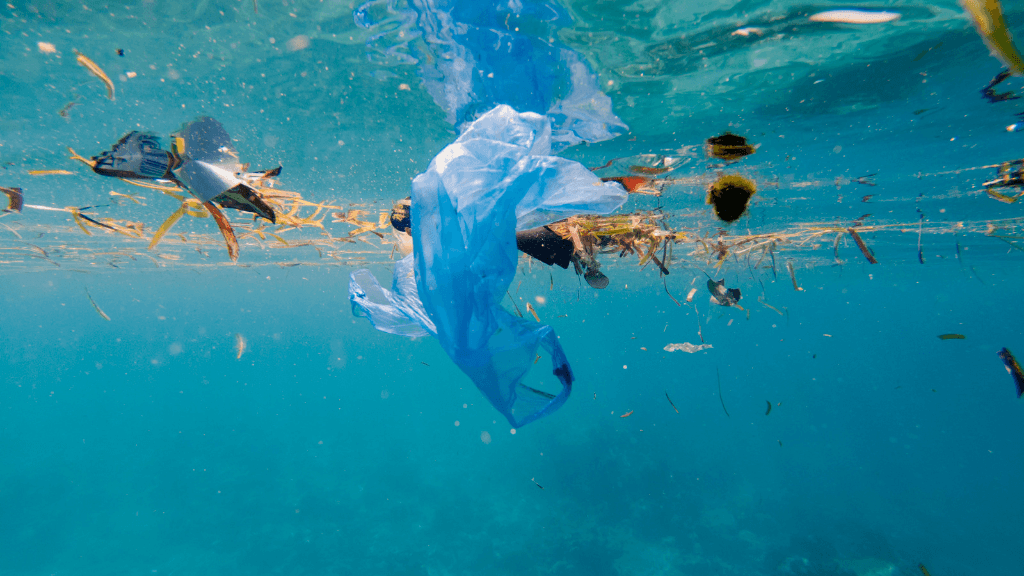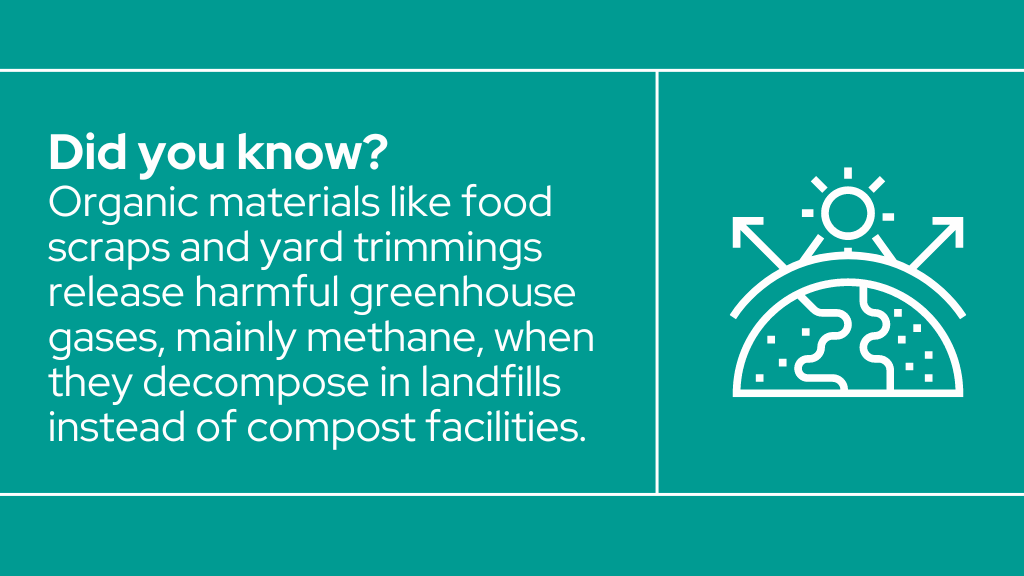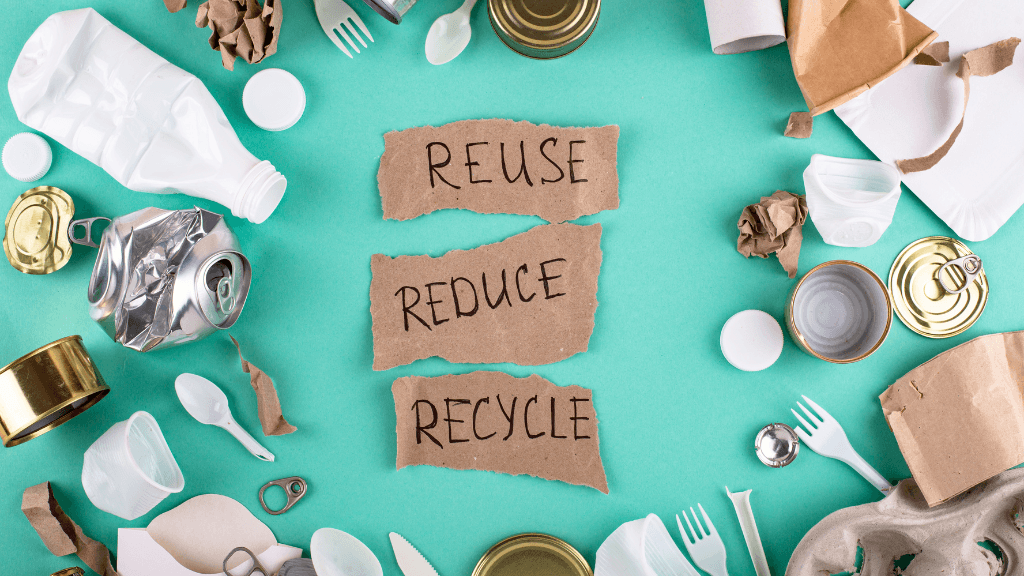World Health Day is celebrated annually on April 7th to mark the anniversary of the founding of the World Health Organization (WHO) in 1948. Every year, World Health Day focuses on a specific theme or health issue of global concern, with past themes including mental health, infectious diseases, non-communicable diseases, and food safety.
By providing digital resources, running campaigns and events, and collaborating with governments, non-governmental organizations (NGOs), and other partners, World Health Day aims to encourage individuals, communities, and governments to promote global health and well-being.

2024 Theme ‘My health, my right’
Around the world, millions are facing growing challenges to their fundamental right to health. Diseases, disasters, and conflicts are causing death, pain, hunger, and psychological distress. Simultaneously, the excessive burning of fossil fuels drives the climate crisis and negatively impacts our right to breathe clean air, with indoor and outdoor air pollution claiming a life every 5 seconds.

Although at least 140 countries recognize health as a human right in their constitution, many nations are falling short in passing and enforcing laws that ensure their populations’ access to health services. According to the WHO Council on the Economics of Health for All, in 2021, at least 4.5 billion people – more than half of the world’s population – did not have accesss to essential health services.
In response to these challenges, the theme for World Health Day 2024 is ‘My health, my right’. This theme aims to advocate for the universal right of individuals everywhere to have access to quality health services, education, and information, as well as to clean and safe environmental conditions, adequate nutrition, quality housing, fair working conditions, and freedom from discrimination.

How does improper waste management play a role?
Solid waste refers to any type of garbage or discarded material. Plastic waste is one of the major concerns due to its persistence in the environment for hundreds of years. It harms wildlife, contaminates ecosystems, and can even enter our food chain. Not to mention, the overextraction of natural resources and production of goods contribute to greenhouse gas emissions, driving climate change and further degrading ecosystems.
Improper disposal of solid waste can lead to adverse health outcomes, through ways like water, soil, and air contamination.
Wildlife
Improper waste disposal wreaks havoc on marine ecosystems, posing a grave threat to marine life. The repercussions are stark: plastic waste, in particular, proves fatal through ingestion or entanglement in fishing gear. Marine species, unable to distinguish between food and debris, suffer dire consequences as plastics accumulate in their stomachs, jeopardizing their health.

Additionally, abandoned fishing gear becomes lethal traps, causing marine animals to drown as they struggle for air. Shockingly, over 100,000 marine animals succumb to plastic pollution annually. Yet, the impact extends beyond marine life.
Consuming contaminated fish exposes humans to microplastics, triggering a cascade of adverse health effects, including immune responses, cytotoxicity, and reproductive complications. The cycle of harm underscores the urgent need for effective waste management practices to safeguard both marine ecosystems and human health.

Public Health
Solid waste that is improperly disposed of can affect our health directly as well. When waste ends up on soil or other surfaces where they shouldn’t be, the material will decompose over time and seep into the ground. This contaminates the soil with pollutants that can be hazardous for humans and animals nearby. These pollutants can also be washed away into rivers and lakes, rendering freshwater sources unsafe for human consumption and activities (e.g., swimming).

Improper solid waste disposal can also affect air quality through various means. When organic waste such as food scraps and yard trimmings decompose in landfills rather than compost facilities, potent greenhouse gases like methane are emitted and contribute to climate change. Additionally, the burning of waste (e.g., through wildfires, with intention of improper disposal) can release harmful pollutants and toxins into the air, worsening air quality and posing serious health risks for communities nearby.

Ways to Get Involved
- Participate in local beach or community clean-ups: a great way to get some physical activity in or bond with friends and family while helping the environment at the same time!
- Educate yourself: attend webinars that are of interest to you, browse through your government sites or write to your local government representative to see what waste reduction initiatives are going on in your area.
- Raise awareness: talk to your family and friends about the consequences of improper disposal if you see them do it. When people understand the consequences of their actions, they’re more likely to change their behaviour.
- Follow the 3Rs whenever you can:
- Reduce your waste production by buying goods with less packaging or repurposing the packaging for more uses.
- Reuse items: try looking up tutorials online to give old materials a second life, or give away/donate items instead of throwing them away.
- Recycle everything you can (make sure to follow proper guidelines set by the city hauler/your hauler!)

Implementing proper waste management solutions is essential for protecting human health and well-being. By reducing pollution and mitigating the hazards associated with improper waste disposal, we can reduce the risks of respiratory illness, contamination, and exposure to hazardous substances. As this year’s World Health Day focuses on the importance of access to quality healthcare and a healthy environment, prioritizing waste management is a crucial step towards improving quality of life within communities.



